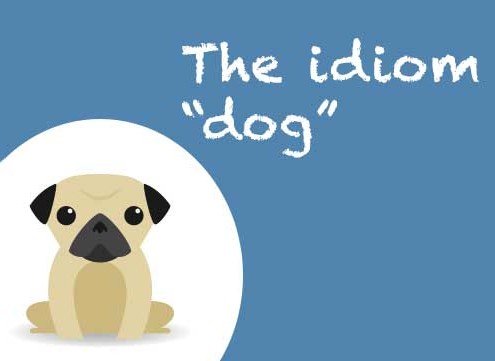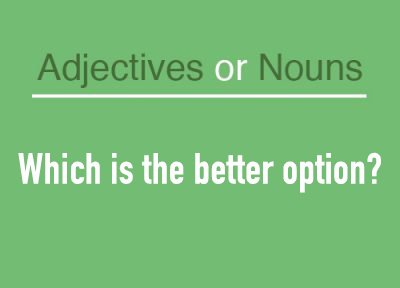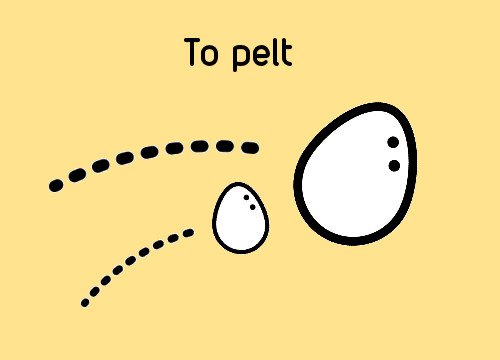Do not confuse (no confunda) “idiom” with “idioma”. An idiom is a distinctive expression whose meaning is not usually determinable from the meaning of the individual words (es decir, cuya significada se interpreta en sentido figurativo, no solo palabra por palabra).
The English use idioms a lot – they liven up (animar) the language – and they reveal something about English culture and history.
“Dog” is an interesting example. Examine these:
- Rajoy is the top dog in the Spanish Parliament (Señor Rajoy es el gallo del lugar).
- Spain will go to the dogs if Podemos is part of the government (irá a la ruina si Podemos es una parte del gobierno).
- It is a dog´s life in Venezuela (una vida de perros en…).
- It is dog eat dog in the Scottish Parliament (en el parlamento de Escocia se despedazan unos a otros).
- The Labour party does not have a dog´s chance of winning the next election (…no tiene la remota posibilidad de ganar las proximas elecciones).
- Let sleeping dogs lie (es mejor decir nada, o más vale no meneallo).
- Zapatero´s desk looks like a dog´s breakfast (parece como un revoltizo/lio)
Not “every man and his dog” (todo el mundo) uses idioms, but you can be a cut above the rest (puede estar encima de los demás) and do so!











